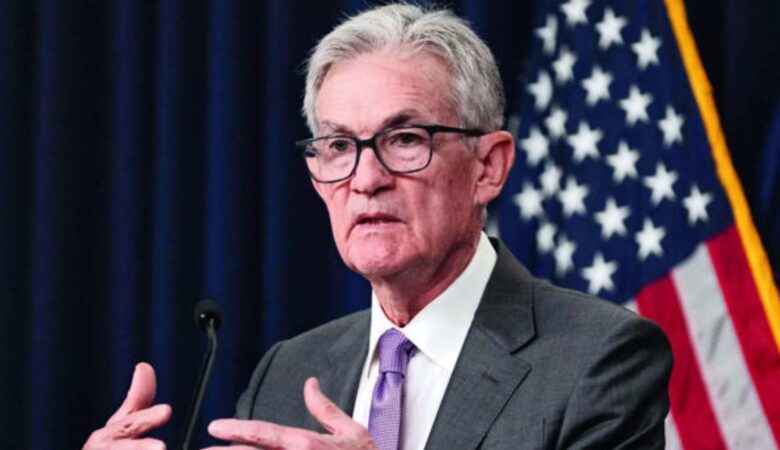North Korea’s Longest Ballistic Missile Test Timed Just Before U.S. Elections Raises Global Concerns
SEOUL — Days before the U.S. presidential election, North Korea conducted its longest intercontinental ballistic missile (ICBM) test. It is yet a move aimed at drawing Washington’s attention and adding fuel to the ongoing regional tensions. North Korean launched missile on Thursday morning local time that remained airborne for over 85 minutes, surpassing previous records and highlighting Pyongyang’s advancing missile capabilities. Japan’s Defense Ministry reported that the missile flew at a lofted angle, reaching an altitude of around 4,350 miles before landing in the sea west of Okushiri Island, off northern Japan.
This missile test and other such activities have been considered strategic provocations around major American events. With long-range missiles, North Korea has previously demonstrated its potential to reach the U.S. mainland. Extended flight time of this test indicates advancements in payload capacity, suggesting an increased ability to carry multiple nuclear warheads. Kim Jong Un observed the test and emphasized it as a demonstration of his country’s military resolve against what he referred to as “adventurous maneuvers” by rival nations.
The outcome of next week’s U.S. presidential elections may shift its foreign policy, while this launch underscores North Korea’s continued focus on its nuclear arsenal. Pyongyang instead of engaging with the Biden administration’s repeated diplomatic overtures, is solidifying alliances with Russia. Former President Donald Trump has positioned himself as the one able to manage North Korea as, established an unprecedented rapport with Kim Jong Un, contrasting this with North Korea’s recent provocations under the current administration. Kim’s actions, some experts argue, may inadvertently bolster Trump’s claims.
The U.S. and South Korea reacted to the launch with joint air drills, simulating precision strikes on mobile missile launchers, while Washington called the test a violation of U.N. resolutions. Meanwhile, South Korea’s intelligence agency has also warned that North Korea may conduct its seventh nuclear test soon, as preparations at the Punggye-ri test site appear complete.
With Pyongyang sending approximately 10,000 troops to Russia, the strategic partnership between North Korea and Russia adds another layer to the geopolitical puzzle. Experts are suggesting North Korea may be seeking Russian support for its nuclear advancements in return. Recent exchanges indicate North Korea could request help with tactical nuclear weapons, missile technology, and satellite reconnaissance.
North Korea’s growing missile capabilities and renewed alliance with Russia pose significant challenges for U.S. and South Korean security policies. As this situation unfolds, global attention remains fixed on Pyongyang’s next move, Washington’s response, and how these developments might impact U.S.-North Korea relations in the coming years.
Other latest articles from The News Ton:
Russia’s $2.5 Decillion-Dollar Fine on Google: A Battle Over Digital Control
Read more on this news from other publishers HERE







Leave a Reply